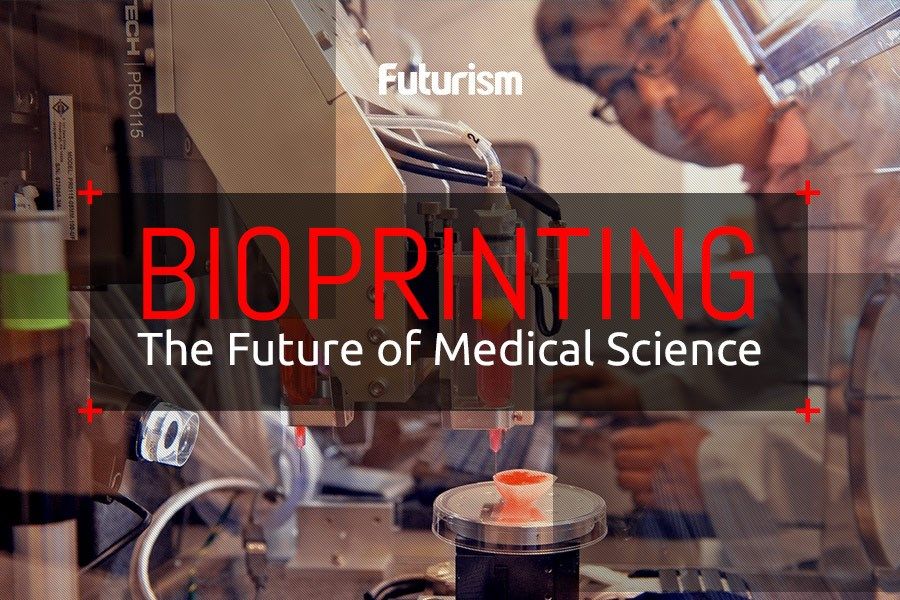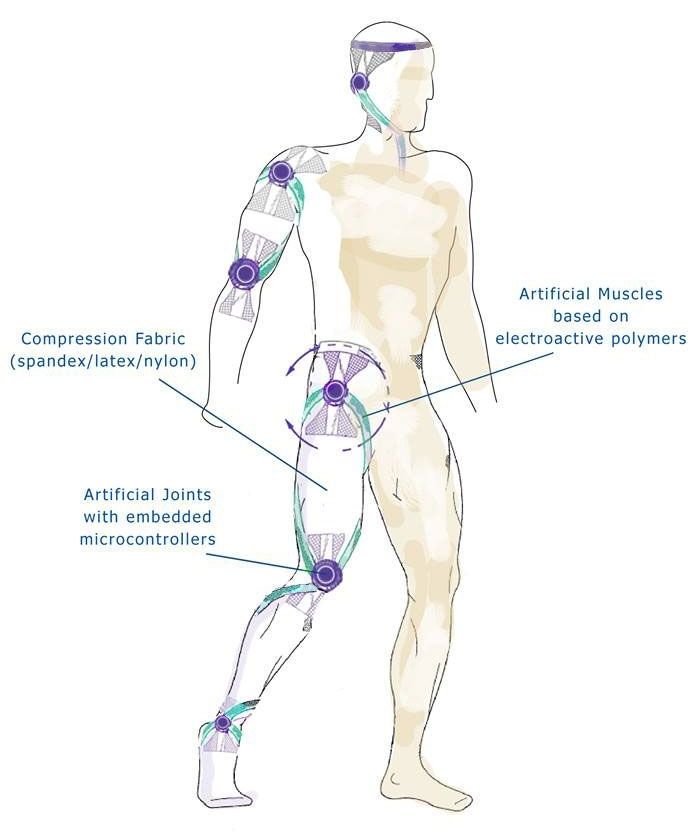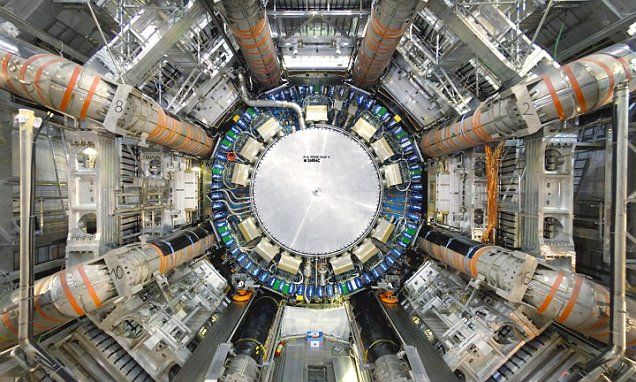Aug 17, 2017
Scientists Have Developed a New Method to 3D-Print Living Tissue
Posted by John Gallagher in categories: 3D printing, bioprinting, biotech/medical, food, habitats
https://youtube.com/watch?v=-5jcq3RlxJQ
Cell by Cell
3D-printing technology has made significant strides over the past several years. What started as a tool for producing small objects can now be used to craft food, build houses, and even construct “space fabric.”
Continue reading “Scientists Have Developed a New Method to 3D-Print Living Tissue” »


















